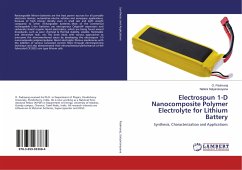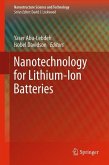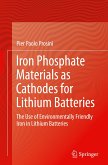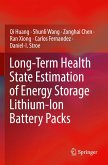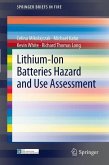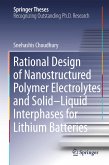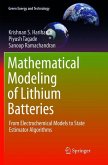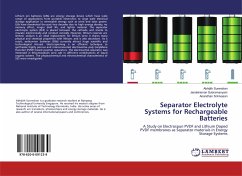Rechargeable lithium batteries are the best power sources for all portable electronic devices, automotive electric vehicles and aerospace applications, because of high energy density even in small size and light weight compared to other rechargeable batteries. Most of the commercial rechargeable Li-ion batteries use microporous Celgard® separators and carbonate based organic liquid electrolytes, which are being faced several drawbacks, such as poor chemical & thermal stability, volatile, flammable and electrolyte leak, etc. This book deals with various approaches to overcome the aforementioned issues by developing the electrospun 1-D nanocomposite polymer/polymer blend electrolyte fibrous membranes with the addition of various nanosized ceramic fillers through electrospinning technique and also demonstrated their electrochemical performance of the fabricated CR 2032 coin type lithium cells.

